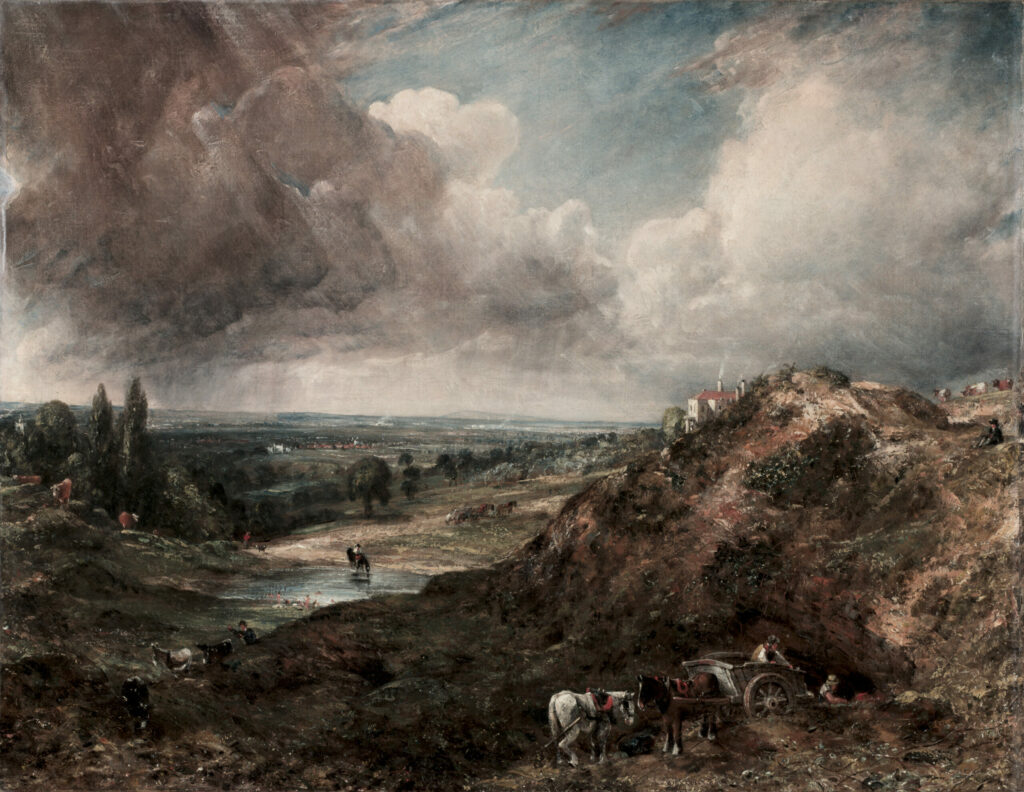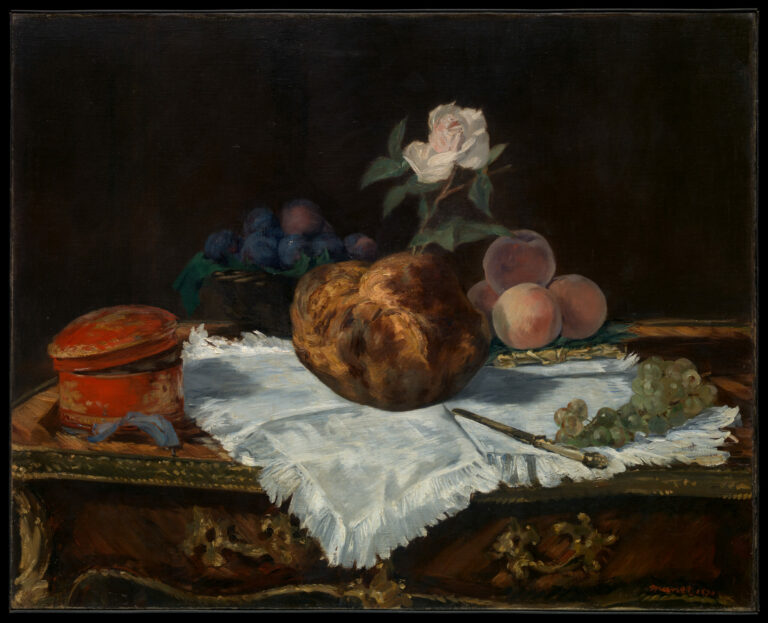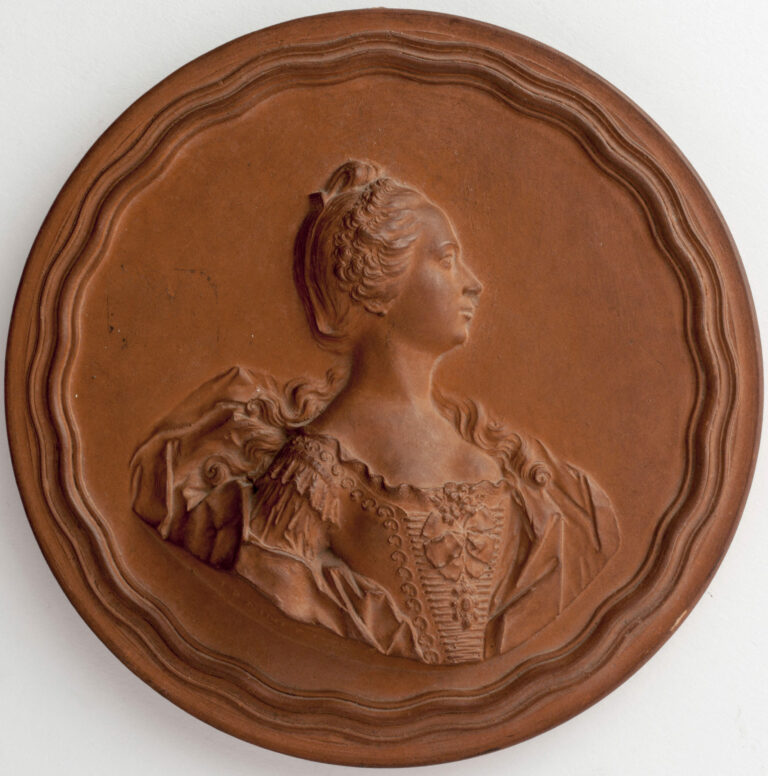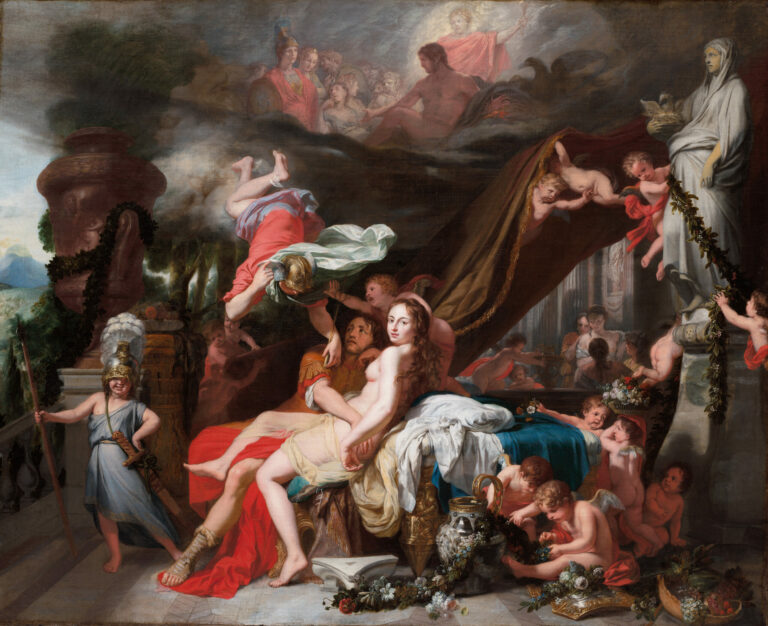
Here is Constable in all his meteorological mastery, orchestrating a drama where clouds become the protagonists of the English landscape.
Above Hampstead, the sky transforms: cumulus masses in pearlescent grays, pierced by golden light breaking through the moisture-saturated atmosphere. The artist captures that fleeting moment when nature hesitates between downpour and calm, transforming scientific observation into pictorial poetry. Below, figures continue their labors, tiny silhouettes against the immensity.
Constable reveals his genius here: making the mundane into a hymn to natural grandeur. His earthy palette—ochres, browns, and muted greens—dialogues with the changing blues of the sky, creating that harmony so particular to the British landscape. This canvas embodies the English Romantic spirit: a pantheistic contemplation where man witnesses the spectacle of the elements.
Further Information
- Branch Hill Pond, Hampstead by John Constable, 1828
- 60.6 x 78.1 cm (23 7/8 x 30 3/4 in.)
- The Cleveland Museum of Art, Gallery 203A British Painting and Decorative Arts
- https://www.clevelandart.org/art/1972.48
John Constable (1776-1837) is one of the founding figures of English Romanticism and a father of modern landscape painting. The son of a miller, he revolutionized Western art by dedicating his career to painting exclusively the countryside of his native England with unwavering fidelity. A passionate amateur meteorologist, enlightened botanist, and tireless observer of atmospheric phenomena, Constable developed a scientific approach to painting that overturned academic conventions. His innovative technique, expressive impasto, and chromatic palette profoundly influenced the Barbizon School and later the French Impressionists. Misunderstood by his British contemporaries yet celebrated in Paris where his works triumphed at the 1824 Salon, Constable embodied that pictorial modernity which elevated the humble rural motif to noble subject matter.






